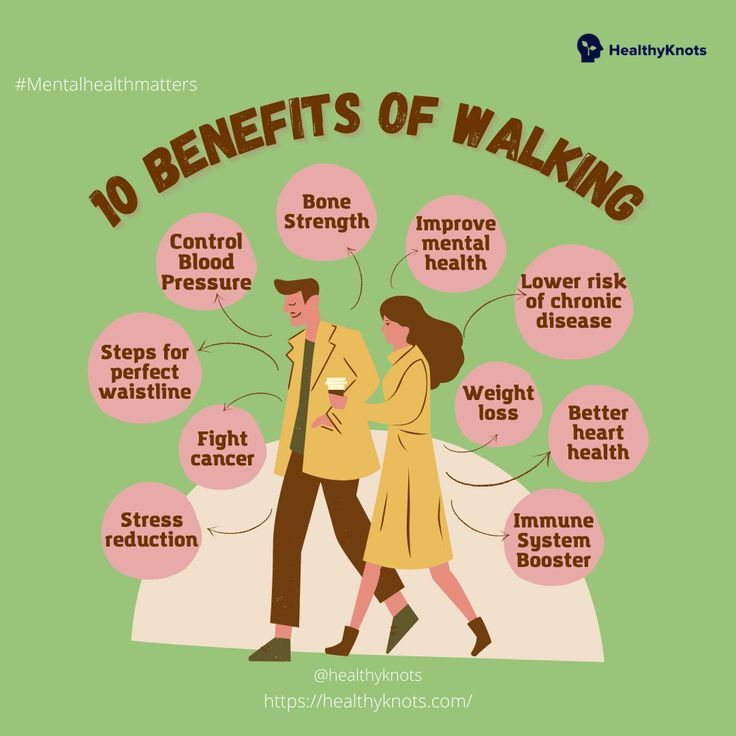The Mental Benefits of Walking
Walking is not only a great way to stay physically fit, but it also offers numerous mental benefits. In this article, we will explore the positive impact that walking can have on our mental well-being and overall happiness.
Reduced Stress and Anxiety
Walking has been proven to be an effective stress reliever. Engaging in a brisk walk can help reduce the levels of stress hormones in the body, such as cortisol, while increasing the production of endorphins, which are known as the “feel-good” hormones. This natural mood booster can help alleviate symptoms of anxiety and promote a sense of calmness.
Improved Mood and Emotional Well-being
Regular walking has been linked to improved mood and emotional well-being. It stimulates the release of neurotransmitters like serotonin and dopamine, which are associated with happiness and pleasure. Walking outdoors, especially in natural environments, can further enhance these benefits by providing a refreshing change of scenery and connection with nature.
Enhanced Cognitive Function
Walking has a positive impact on cognitive function, including memory, attention, and creativity. Research suggests that walking increases blood flow to the brain, promoting the growth of new neurons and improving overall brain function. It has also been found to enhance problem-solving skills and boost creativity, making it a great activity for those seeking mental clarity and inspiration.
Reduced Risk of Depression
Regular walking can significantly reduce the risk of developing depression. Physical activity, including walking, increases the production of endorphins, which are natural mood elevators. Additionally, walking in natural environments exposes individuals to sunlight, which helps regulate serotonin levels in the brain, further reducing the risk of depression.
Improved Sleep Quality
Walking can contribute to better sleep quality. Engaging in regular physical activity, such as walking, helps regulate the sleep-wake cycle, making it easier to fall asleep and stay asleep throughout the night. It also promotes relaxation and reduces anxiety, both of which can positively impact sleep patterns.
Boosted Self-Esteem and Confidence
Walking can boost self-esteem and confidence. Engaging in regular exercise, including walking, can improve body image and promote a sense of accomplishment. Additionally, the release of endorphins during walking can enhance overall well-being, leading to increased self-confidence and a more positive self-perception.

Walking is not only beneficial for physical health but also has a profound impact on mental well-being. By incorporating regular walks into your routine, you can experience reduced stress and anxiety, improved mood and emotional well-being, enhanced cognitive function, reduced risk of depression, improved sleep quality, and boosted self-esteem and confidence. So, put on your walking shoes and start reaping the incredible mental benefits that walking has to offer!
Frequently Asked Questions about the Mental Benefits of Walking
1. How does walking improve mental health?
Walking helps release endorphins, which are natural mood boosters, reducing stress and anxiety, and improving overall mental well-being.
2. Can walking help alleviate symptoms of depression?
Yes, walking has been shown to increase the production of serotonin, a neurotransmitter that plays a crucial role in regulating mood, thus helping to alleviate symptoms of depression.
3. Does walking outdoors have greater mental benefits compared to walking indoors?
Walking outdoors exposes you to natural sunlight, fresh air, and nature, which can have additional positive effects on mental health compared to walking indoors.
4. How long should I walk to experience mental benefits?
Even short walks of 10-15 minutes can have immediate mental benefits. Aim for at least 30 minutes of brisk walking most days of the week to maximize the mental benefits.
5. Can walking help improve cognitive function?
Research suggests that regular walking can enhance cognitive function, including memory, attention, and creativity, by increasing blood flow and oxygen supply to the brain.
6. Are there specific walking techniques or styles that enhance mental benefits?
While there are no specific techniques, practicing mindfulness during walks by focusing on your surroundings and being present in the moment can enhance the mental benefits of walking.
7. Can walking in a group or with a walking buddy have additional mental benefits?
Walking with others can provide social interaction and support, which can boost mood, reduce feelings of loneliness, and enhance the mental benefits of walking.
8. Can walking help reduce stress levels?
Yes, walking is a great way to reduce stress as it helps release tension, promotes relaxation, and allows you to clear your mind while engaging in physical activity.
9. Can walking outdoors in green spaces have specific mental benefits?
Walking in green spaces, such as parks or forests, has been associated with improved mental health outcomes, including reduced stress, anxiety, and symptoms of depression.
10. Are there any precautions to consider when walking for mental benefits?
If you have any underlying health conditions or concerns, it is always advisable to consult with a healthcare professional before starting any new exercise routine, including walking.




